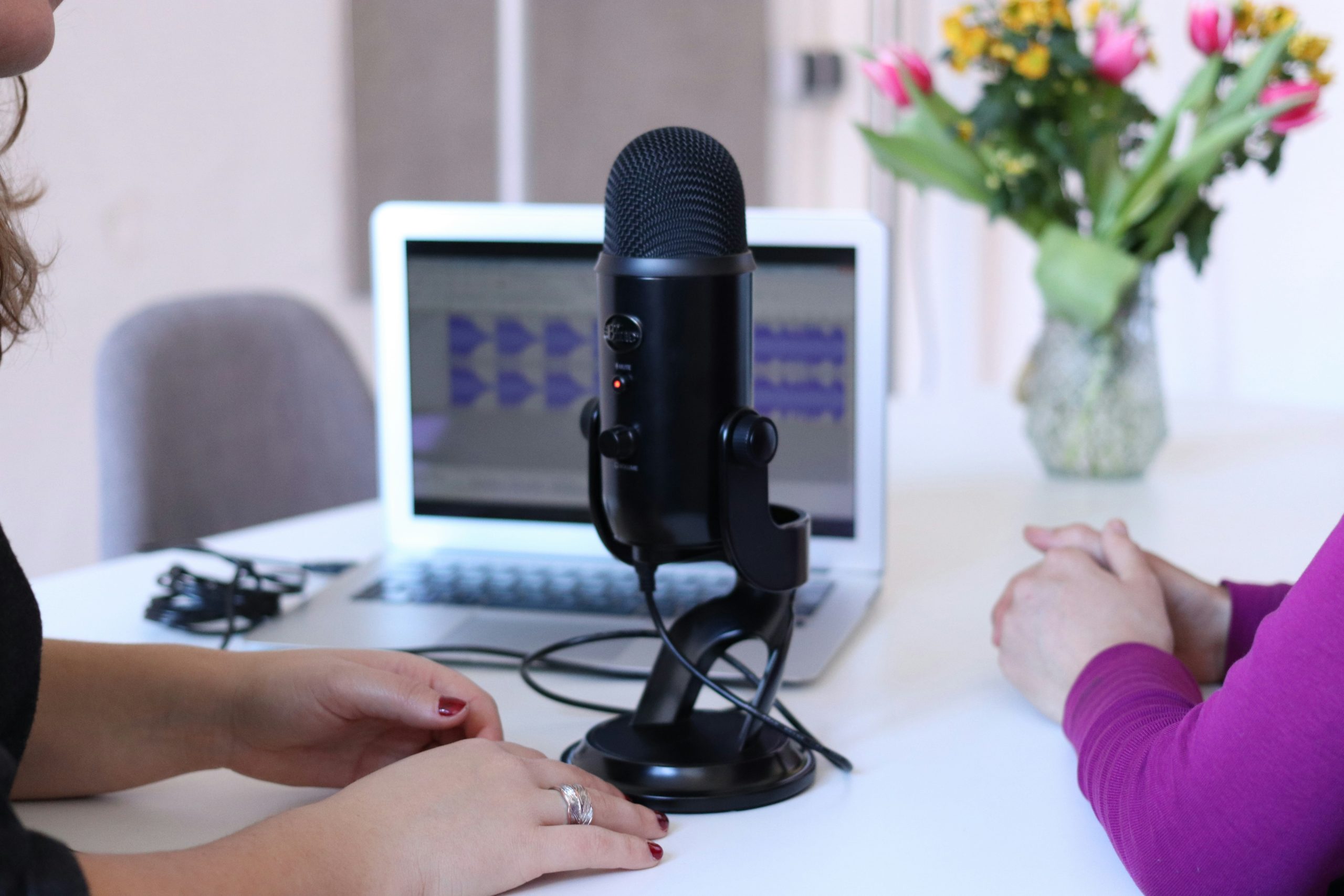Photo by CoWomen
In the ever-evolving world of digital marketing, podcasts have emerged as a powerful platform to reach targeted audiences. Unlike traditional radio advertisements, podcast ads benefit from a more intimate format, fostering a sense of connection between host and listener. Understanding how different generations engage with these ads is crucial for crafting effective marketing campaigns that resonate with specific demographics.
Silent Generation (Born 1928-1945)
The Silent Generation, the oldest demographic, consumes very few podcasts. Their media habits are primarily rooted in traditional channels like television and radio. Reaching this audience with podcast ads requires exploring sponsorship opportunities with established radio programs that have transitioned into the podcast landscape.
Baby Boomers (Born 1946-1964)
This generation, known for its traditional media consumption habits, is slowly but surely embracing podcasts. They are more likely to listen to established news and current affairs podcasts, often hosted by familiar voices from radio or television. Advertising on podcasts geared towards this demographic should prioritize clear messaging and brand storytelling. Highlighting a product’s reliability, heritage, and potential health benefits can be particularly effective.
Generation X (Born 1965-1980)
This group is known for its skepticism towards advertising, yet they value authenticity and trust. Podcast ads that feel genuine and integrate seamlessly into the listening experience are more likely to resonate with Gen Xers. Humor can be a powerful tool, but it should be used subtly and avoid generational stereotypes. Focus on ads that promote practical solutions, financial wellness products, or services that enhance their busy lifestyles.
Millennials (Born 1981-1996)
Millennials are the true podcast pioneers, making up a significant portion of the overall listenership. They are drawn to niche podcasts that align with their specific interests, hobbies, or social causes. Advertising on podcasts that cater to these diverse interests allows brands to connect with a highly engaged audience. Millennials appreciate transparency and social responsibility from brands. Ads that promote sustainability, ethical practices, or innovative products are likely to garner attention.
Generation Z (Born 1997-2012)
The digital natives of Gen Z are accustomed to ad-blocking technology and fast-forwarding commercials. However, they are receptive to podcast ads that feel organic and entertaining. Native advertising, where the ad message is woven into the podcast narrative, can be particularly effective. Humor, social commentary, and influencer endorsements can also resonate with this tech-savvy generation. Brands that promote social justice initiatives, technology products, or educational resources are likely to find a receptive audience among Gen Z listeners.
The Power of Authenticity
Across all generations, authenticity reigns supreme. Podcast listeners appreciate hosts who genuinely endorse the products they advertise. When a host shares a personal experience or anecdote related to the product, it builds trust and credibility. This genuine connection transforms the ad from a mere commercial break into a valued recommendation from a trusted friend. By fostering authentic relationships with podcasters, brands can create a more meaningful and impactful connection with their audience.
Moreover, authenticity extends beyond the host-advertiser relationship. Podcast listeners crave transparency and honesty from brands. Ads that align with the podcast’s content and values are more likely to resonate with the audience. For instance, an ad for sustainable clothing on an environmental podcast would likely be well-received. This integrated approach not only promotes the brand but also enhances the overall listening experience.
Data-Driven Targeting
Podcast advertising platforms allow marketers to target specific demographics, interests, and listening behaviors, ensuring their message reaches the most receptive audience. By leveraging data on listener preferences and podcast content, advertisers can craft highly targeted campaigns that resonate with specific demographics. This level of precision not only increases the chances of reaching the right audience but also optimizes the return on investment for advertising spend. Furthermore, data-driven targeting enables marketers to measure the effectiveness of their campaigns, track key metrics, and make data-informed adjustments to improve performance over time.
The podcast advertising landscape is constantly evolving. As technology advances, interactive ads and personalized recommendations are likely to emerge. Understanding how different generations engage with podcast ads today allows marketers to stay ahead of the curve and leverage this powerful platform to connect with their target audiences in a meaningful and impactful way. Look over the resource below for more information.
 Author: Ben Woods, Head of Business Development for Pod Frog
Author: Ben Woods, Head of Business Development for Pod Frog
Ben Woods is the Head of Business Development for Pod Frog, a company specializing in podcast advertising. Pod Frog uses AI to optimize campaigns and provide access to more than 10,000 shows, generating hundreds of millions of weekly impressions. Woods has two years of experience in investment banking at BMO, followed by two years of experience in event planning and production in the New York City area.


 Author: Ben Woods, Head of Business Development for Pod Frog
Author: Ben Woods, Head of Business Development for Pod Frog
0 Comments